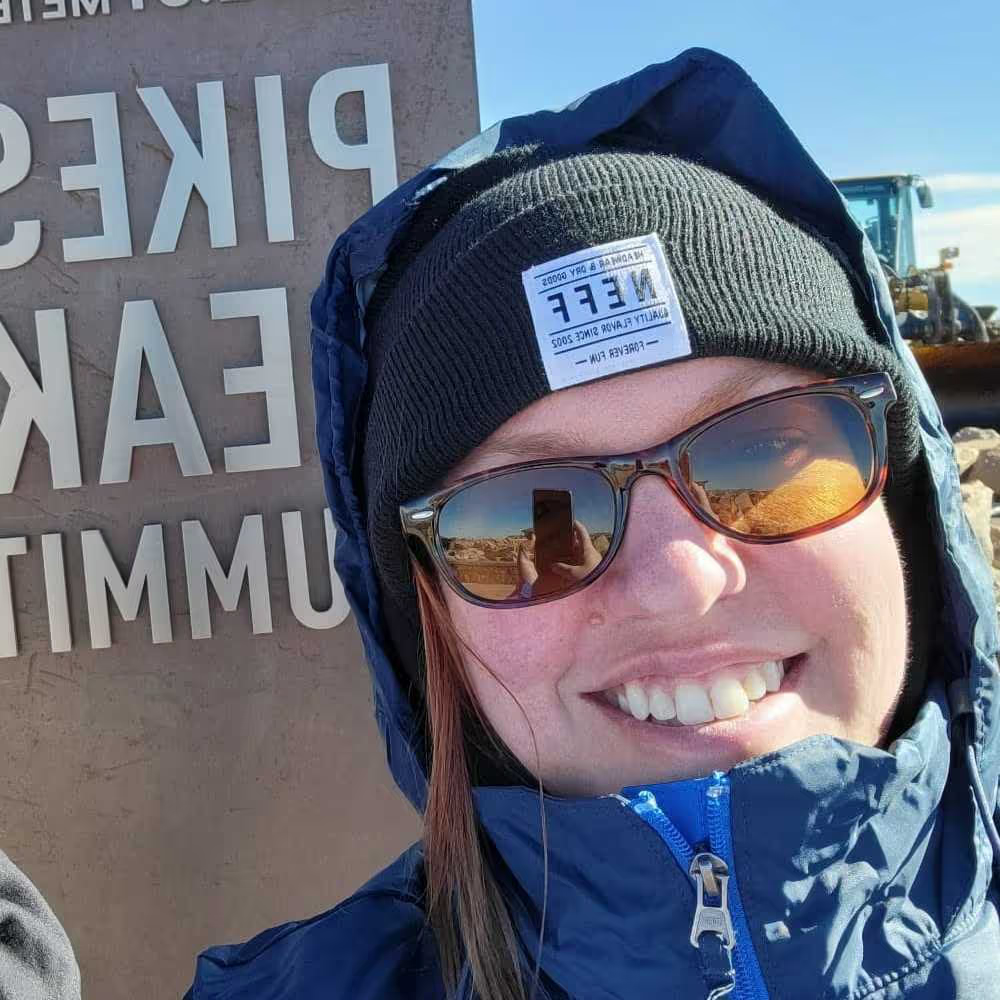Welcome to the second episode of the Tech RX podcast with Outcomes Rocket! Recently, their team chatted with Rowan Armstrong, CEO and co-founder of Bioliberty, who shares insights into the company's journey and its innovative stroke rehabilitation technology, Lifeglov. He also discusses how his collaboration with Esper is helping keep the technology up and running. It’s a clever and heartfelt episode that highlights a truly unique use case.
Bioliberty’s Lifeglov technology works alongside its digital therapy platform to provide tailored therapy activities for patients. As the name suggests, this is a piece of wearable tech in the form of a glove. It offers adjustable force levels, with both passive and active modes that provide granular levels of movement assistance as needed. Bioliberty’s tech uses proprietary AI models to train its algorithms, which helps the movement assistance taper off throughout the rehab process. It also focuses on timely neurorehabilitation and makes it easier for a patient’s brain to start making those critical adjustments in the regions damaged by their stroke, and continue working towards recouping natural hand movements.
The brilliant idea for Lifeglov came about during the COVID lockdown when Rowan’s friend and co-founder Ross O’Hanlon called him with an idea to help his aunt, who has MS, regain some of her movement using soft robots. They started working on prototypes and talking to patients, and realized there was a huge gap in stroke rehab solutions. They spent three years working with patients, leading clinicians, and their fantastic team and eventually launched Lifeglov, a soft robotic glove and virtual therapy environment. Lifeglov is set to make neurorehabilitation solutions not only more widely available to patients, but more likely to be used by clinicians.
Unlike existing solutions – think rigid exoskeletons – Bioliberty’s soft robotics concept is a much more seamless and comfy option for patients to use each day. The glove works by sensing small movements from the patient and then helping them complete day-to-day activities, including therapy exercises, all while giving real-time feedback directly to both the patient and their clinician. Rowan wanted to create a device that wasn’t clunky and that was comfy enough for everyday use, more like something out of “Big Hero 6” than “Terminator.” I don’t think anyone would argue with that!
Partnerships have also been pivotal in Bioliberty's journey, and the team worked with top U.S. stroke rehabilitation clinics throughout Lifeglov’s production process. On the software end of things, the gadget uses a blend of on-device and cloud data processing to track progress and make therapy recommendations. That’s where Esper plays a pivotal role in Bioliberty’s tech stack — by handing the heavy lifting when it comes to deployments and updates.
Just as Lifeglov is stepping in with a solution to help stroke patients regain some mobility, Esper has stepped in to help Lifeglov keep its neurorehabilitation solution on the menu. Esper makes it easy to deploy devices without stress, roll out fresh software updates as needed, troubleshoot issues remotely, and provide a modern and secure platform built to scale. As Lifeglov gains traction and becomes more widely used, Bioliberty’s partnership with Esper ensures they can add more units and new products, and keep those products updated without issue.
Looking ahead, Rowan and the Bioliberty team are thinking even bigger, aiming to expand their tech portfolio beyond home use to cover even more aspects of rehabilitation beyond physical therapy. It’s a fascinating story to hear from Rowan’s perspective, so I encourage you to give this episode a listen. It’s a powerful follow-up to last week’s podcast episode, which talked about how important reliable device management is within the healthcare industry. This is the second in a five-episode series coming out over the next few weeks, so keep an ear out for more in-depth chats about security and compliance, customer use cases, and more.
You can check out EP02 right here:

